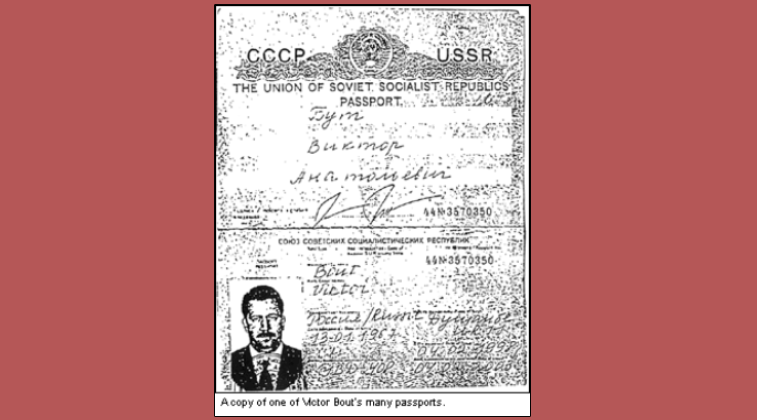Making a Killing Key Findings
Amid the military downsizing and increasing number of small conflicts that followed the end of the Cold War, governments turned increasingly to private military companies – a recently coined euphemism for mercenaries – to intervene on their behalf in war zones around the globe. Often, these companies work as proxies for national or corporate interests, … Continued
Amid the military downsizing and increasing number of small conflicts that followed the end of the Cold War, governments turned increasingly to private military companies – a recently coined euphemism for mercenaries – to intervene on their behalf in war zones around the globe. Often, these companies work as proxies for national or corporate interests, whose involvement is buried under layers of secrecy. Entrepreneurs selling arms and companies drilling and mining in unstable regions have prolonged the conflicts.
A nearly two-year investigation by the Center for Public Integrity’s International Consortium of Investigative Journalists has also found that a handful of individuals and companies with connections to governments, multinational corporations and, sometimes, criminal syndicates in the United States, Europe, Africa and the Middle East have profited from this war commerce – a growth industry whose bottom line never takes into account the lives it destroys.

